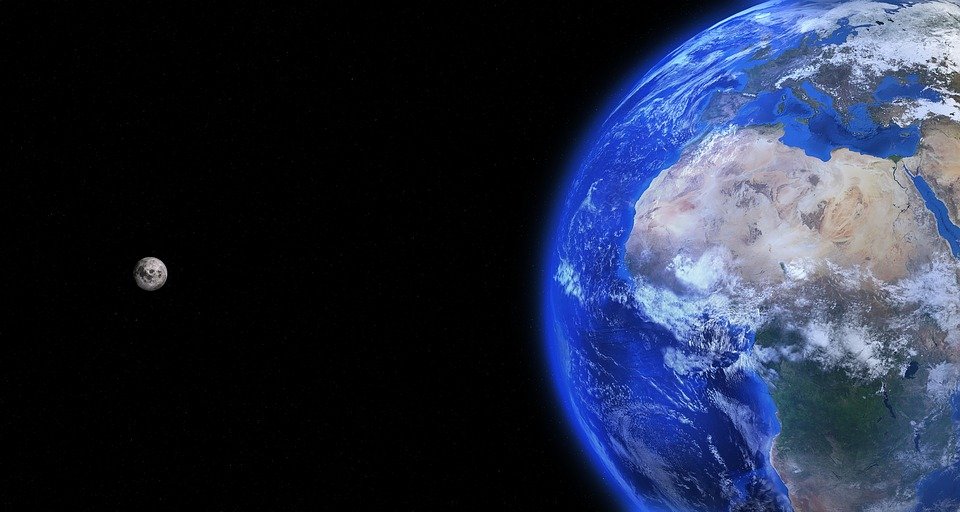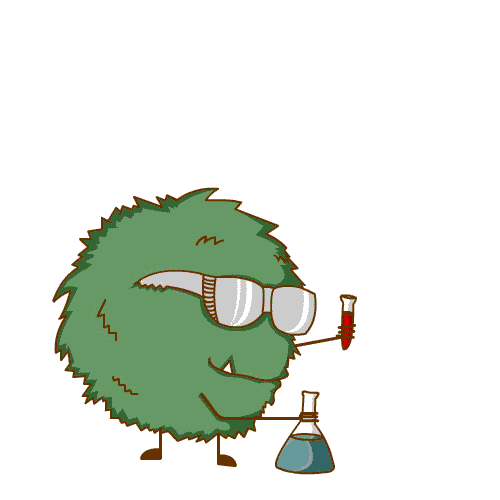
Nobody is coming. I’m all alone.
The realization hits me hard despite the fact that it had been obvious for at least a week. Because a week ago, they should have picked me up. But instead of the voices of my crew, there was just silence. And it stayed silent.
Even now I can’t hear anything but the gentle humming of the air filtering machine. I’m not sure how much longer it’s going to work though, it hasn’t been built for such a long time.
It was supposed to be a three days observation trip, nothing too fancy. Get on the research capsule, orbit around the planet for a bit, make sure to not be noticed by the natives and collect some data. Easy, I’ve done it so many times before, here and at other planets.
My crew has never before been late. And there is only one possible explanation: Something has happened.
They had probably been surprised by the Splerions. We shouldn’t have dismissed the warning of the high command which had informed us that Splerions had been sighted in this quadrant. This race of extremely aggressive insectoids had recently declared war on my world. My ship had been the last science ship out here.
And now it’s gone. And I’m alone.
I’ve considered landing on this big, blue and green planet more than once. The tiny dots of light that appear on the parts of the surface that are submerged in darkness seem to call for me. There are people here, they say. You won’t be lonely. You won’t be cold. Come, come to us.
But I can’t. The natives on this planet, they call themselves humans, they’re dangerous. Intelligent beings that don’t have wings, how is that possible? There are species on this planet that have wings, of course, but they are a lot less evolved.
Until we discovered this planet, it was the consensus that a species can only evolve higher cognitive functions if they have the means to escape predators. And that came with the ability to fly, each single observed time.
But humans? They are different. They walk on the ground, not even particularly fast. And with their technological advance, they started building flying machines. So in their case, flight came after intelligence, not the other way around. A truly fascinating specimen to study.
I sigh. Still, they are almost as aggressive as the Splerions. They’re constantly fighting amongst themselves and I can’t begin to imagine how they’d react to a foreign intruder. And even if they treated me in a good-natured way, there is another big problem which can’t be solved so easily.
Their atmosphere.
It’s another one of those fascinating mysteries on this planet. At the start, everything was normal. A very, very low oxygen content in the air allowed life to form and to thrive. But at one point, some weird form of oxygen producing lifeform evolved and lead to a rapid increase of oxygen that killed off many, many species.
Oxygen is deadly to most life forms known to my people. At least it’s elemental form, as O2. As CO2, it’s perfectly breathable. But O2, pure O2 wreaks havoc in cells.
When it’s broken down, dangerous radicals like superoxide form. H2O2 can be created too. Both interact with DNA, proteins and other important structures in a living being which leads to failure and then death. On the human’s planet, there are still organisms that can’t tolerate oxygen. Anaerobes they’re called by the natives. But they are still in a single cell stadium.
By chance, life on this planet found a way to get rid of the dangerous chemicals. Enzymes that take care of the superoxide and transform it back into ground-state oxygen. Catalase and peroxidase, which both break down H2O2. The mechanisms can be found everywhere and ensured the survival all these oxygen breathing species.
But even they can’t stand it in high concentrations, that we learned when we tried to take one of them on board for studies. We flooded one room with pure oxygen, hoping to ensure peak mental and physical capacities. Instead, the human died a horrible death.
The second time, we tried to mimic their atmosphere.
Through the window of my tiny capsule, I stare down to the planet. The sunlight reflects on vast oceans and clouds form fascinating structures.
From the corner of one of my four eyes, I can see a tiny red light blink. It had been orange until a few moments ago. It’s supposed to be green.
It’s the light that indicates the strength of the radiation shield.
Which is about to completely break down.
I bite my lips. Die in space because of radiation poisoning or die on earth because of oxygen poisoning? The decision is easier than I had expected. On earth, there is a tiny chance that the humans might save me. In here, I will die for sure.
With the last bit of my determination, I put on my spacesuit and enter the coordinates of a landing site that appears safe to me.
Here goes nothing.
@suesa
Sources:
The Oxygen Dilemma: Can Too Much O2 Kill?
Anaerobes: General Characteristics
Oxidative Stress in Inherited Mitochondrial Diseases
Picture taken from pixabay.com
Thanks @tarazkp for coming up with the name “Splerions”
Got a scientific topic which you want to see as a story? Leave me a comment!
You want to support scientists on Steemit? You are a scientist on Steemit? Join the #steemSTEM channel on steemit.chat and connect with us!
STEM is an acronym for Science, Technology, Engineering and Math

